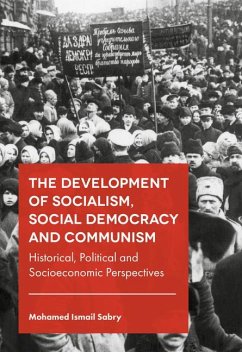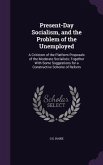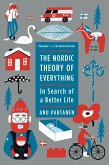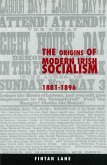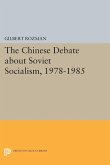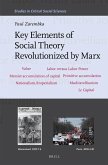This book examines how socioeconomic and institutional factors shaped the development of Socialism and its two contending variants of Social Democracy and Communism, investigating why each of these factions enjoyed varying levels of popularity in different societies between 1840 and 1945. It places a special focus on a number of factors including: inequality; industrialization; urbanization; political freedoms; literacy and education; national sentiments; ethnic fractionalization and other cultural factors. This important study offers a detailed and thorough analysis combining theory, empirical data and a number of important case studies reflecting the different dimensions of Socialism. It offers perspectives on the strength or lack thereof of Social Democracy and Communism during this period across a number of countries, including, Russia, Germany, Sweden, Britain, France, the United States, China, Mexico and many more. The work's multi-faceted approach provides a rich and thorough analysis of Socialism during this period with new and valuable insights stemming from its unique combination of historic analysis, political theory and institutional economics.

